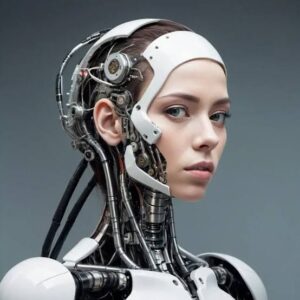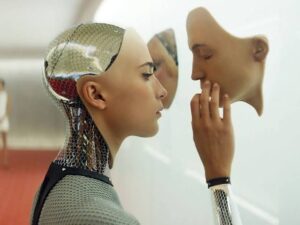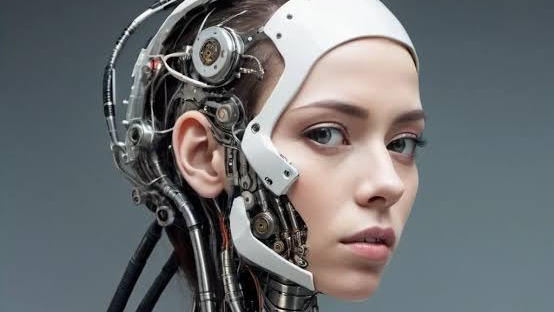Predicting the future is always a blend of imagination and science. As we look ahead 1000 years- from the year 2025 to the year 3025-it’s difficult to envision the scale of transformation that humanity might undergo. Over the last millennium, we’ve gone from horse-drawn carriages and primitive medicine to space travel and artificial intelligence. If that level of progress continues, the way humans live in 1000 years could be almost unrecognizable to us today.

Advanced Technology and Daily Life
In the year 3025, technology is likely to be deeply integrated into every aspect of human life. Artificial intelligence may be far more advanced, possibly conscious, and capable of managing entire cities, economies, and even governments. Humans could live in smart environments where homes, clothing, and even the air around us adapt to our needs in real-time.
Robotics and automation will likely eliminate most forms of manual labor, allowing humans to focus more on creativity, exploration, and personal growth. Nanotechnology may allow for invisible machines in our bodies that can detect and repair disease before symptoms even appear.
Virtual and augmented reality may evolve into fully immersive digital worlds, blurring the lines between physical and virtual existence. People might spend large portions of their lives in virtual universes, living out experiences that feel just as real as the physical world.

Space Colonization and Life Beyond Earth
Earth may no longer be the only home for humanity. With the development of advanced space travel, colonization of other planets or even other solar systems could become a reality. Mars might be fully terra formed and populated, while giant space habitats could float between the stars.
Human settlements may exist on moons like Europa or Titan, and long-term missions may travel to exoplanets light-years away. These new homes would likely rely on advanced life-support systems, artificial gravity, and genetically modified plants and animals suited to alien environments.
With new planetary homes, human culture could evolve in dramatically different ways, potentially creating distinct civilizations depending on their environment and distance from Earth.

Evolution of the Human Body
Human biology itself may also change. Genetic engineering and biotechnology may allow people to live for centuries, or even indefinitely. Humans might be able to choose their physical appearance, intelligence level, and health traits before birth. Diseases could be eliminated, and aging might be slowed or reversed.
Some futurists suggest that humans might merge with machines-becoming cyborgs or even uploading their consciousness into computers, achieving digital immortality. In this scenario, “living” might not require a physical body at all.
Society and Culture
Cultural evolution will also be significant. Language, religion, and traditions may transform or merge into global systems. With universal translators, language barriers could disappear. Education may be delivered directly into the brain, and learning could be instant.
Economies might shift from being based on money and labor to one based on creativity, reputation, or contribution to society. Inequality might be reduced through the abundance created by automation and limitless energy sources, like fusion or harnessing power from stars.
Ethics and Challenges
Despite all the advancements, humanity will still face challenges. Managing artificial intelligence, maintaining human rights in a tech-driven society, and ensuring equality across species and planets will be complex ethical questions.
Environmental sustainability will remain crucial. Even with the ability to colonize other planets, preserving Earth will likely be a central goal both for its unique ecosystem and as the birthplace of humanity.
Conclusion
A thousand years from now, human life could be radically different. We may live on multiple planets, enhance our bodies with technology, and extend life far beyond today’s limits. While many of these predictions are speculative, they are grounded in trends we already see today. One thing is certain: the future will challenge our current understanding of what it means to be human and offer unimaginable possibilities for how we live, grow, and evolve.










